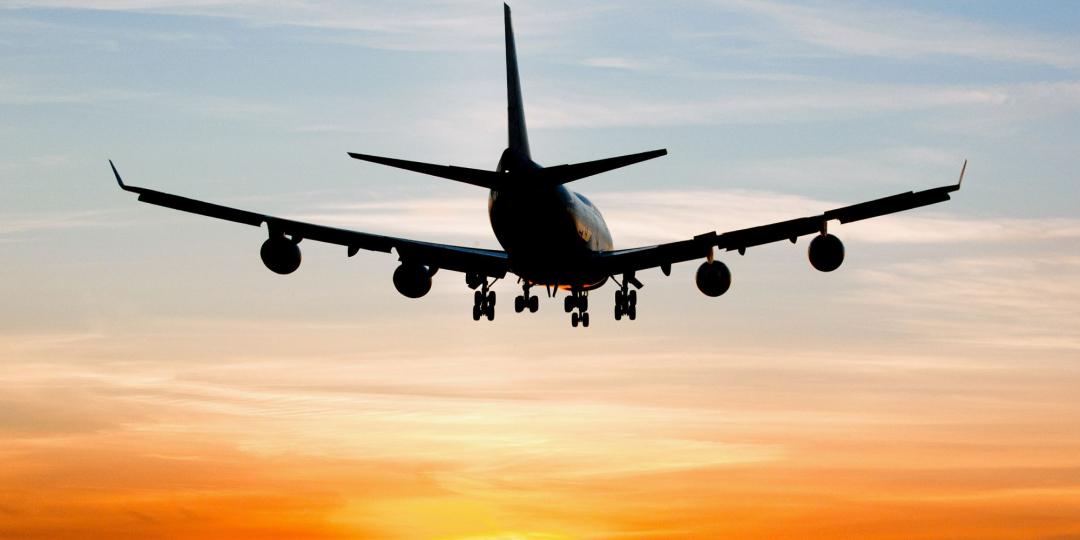It has been three months since the International Air Services Licensing Council (IASLC) was disbanded in March, leaving South Africa without any authority that can award or rescind traffic rights, and thus allow airlines to take on new routes.
Despite promises that the situation would be rectified months ago, the Department of Transport (DOT) has continued to fail in its duty to appoint any new councillors. The economy is being unnecessarily stifled because this comes at a time when more than a dozen international airlines have cancelled their flights to South Africa, and the country is increasingly isolated from rest of the world.
In May, when Tourism Update first broke this story, CEO and MD of Airlink, Rodger Foster, explained that members of the IASLC, who are appointed by the DOT, serve a period of three years. When the three-year tenure for the last council ended in March, it was disbanded by the DOT without any replacements being appointed. At the time, Foster advised that the Minister of Transport was aware of the situation and had committed to appoint five council members by the end of May in accordance with Act 60 of 1993. However, the end of May came and went and then the end of June, with no new appointments made.
“This means that, regardless of airline interest in a particular destination, no council is in existence to either revoke or award new traffic rights,” said Foster.
Updating Tourism Update this week, Foster advised that an industry meeting had taken place two weeks earlier where the DG of Transport, Alec Moemi, had confirmed that no new council appointments had been made.
“The DG was clear that it was not an option to extend the term of the previous council. He emphasised that the appointment of a new council was in process and once again asked the airlines to be patient,” said Foster.
‘Blatant protectionism of state-owned airlines’ rights’
CEO of CemAir, Miles van der Molen, described the situation as blatant protectionism of state-owned airlines’ traffic rights. He drew attention to the fact that a substantial number of existing, unused and highly lucrative traffic rights were still held by state-owned SAA, SAX and Mango, which the government intended to see revitalised.
As explained by Foster, Section 20 and 21 of the Air Services Act of 1993 outlines that the International Air Services Licensing Council should automatically revoke unused traffic rights. However, the Act also makes provision for queries or complaints to be raised to the council relating to dormant traffic rights. The Act states that the council must then launch an investigation about why the rights are dormant and respond publically on its assessment, revoking unused rights or allowing other airlines to apply for them.
This means that as SAA and SAX have not operated for more than a year, all their traffic rights should automatically have been rescinded, together with any unused rights that Mango is holding. With the Department of Transport continuing to drag its feet over the appointment of a new council, these rights cannot be revoked and redistributed to private airlines hungry to improve South Africa’s international connectivity and grow their businesses, which would help grow the economy.
“In terms of Act 60 of 1993, the International Air Services Licensing Council is a juristic body emplaced by the Act; the appointment of a chairperson and up to four additional councillors is the responsibility of the Minister of Transport. I cannot recall a time over the past 28 years when the International Air Services Licensing Council was not duly constituted in terms of the Act,” said Foster.
Van der Molen agreed, saying the DOT was delaying while they waited for the new SAA to restart operations. He added that a number of private airlines were looking at banding together and going to court to move the process forward.
‘Unable to move forward’
FlySafair’s Chief Marketing Officer, Kirby Gordon, told Tourism Update the disbanding of the International Air Services Licensing Council meant that FlySafair had been unable to move forward with any regional expansion plans this year.
“Every moment that we aren’t flying economically viable routes is an opportunity lost to us,” said Gordon.
Commenting on the importance of international air connectivity for the recovery of South Africa’s economy, independent Business Rescue Practitioner and Aviation Economist, Dr Joachim Vermooten, has gone on record saying that the state needed to do all possible to allow airlines to find new markets and enter these without unnecessarily hampering them. “The lack of adjudication of applications for international flights by South African airlines is resulting in a self-imposed reduction of air connectivity between South Africa and other countries,” said Vermooten.
Tourism Update sought comment from the DOT but had not received a response at time of publication.























